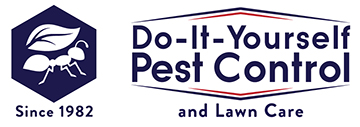Get Rid of Mosquitoes Fast
Dealing with pesky flying insects like mosquitoes can be a hassle, especially during the warmer months when they seem to multiply overnight. Finding the right solution to keep your home and outdoor space bug-free from these unwelcome visitors is important for your family's comfort and hygiene. From traditional sticky traps to advanced pheromone lures, a variety of mosquito killers are available to suit different needs and preferences. Here are some of the top-rated options and best mosquito traps for effectively tackling your mosquito problem in 2024.
Top Mosquito Killers
-
Best Overall Mosquito Killer: Bifen I/T Insecticide
-
Best Natural Mosquito Spray: Cedarcide Yardsafe Outdoor Bug Spray
-
Best Mosquito Trap: Inzecto Mosquito Trap
-
Best Mosquito Larvae Killer: Mosquito Dunks
-
Best All-in-one Kit: Walt's Complete Mosquito Kit

Bifen I/T Insecticide
Best Overall Mosquito Killer: Bifen I/T Insecticide
Benefits
-
Quick and highly effective mosquito control
-
Long-lasting residual
-
Budget-friendly and cost-effective insecticide for reducing mosquito populations
-
Can be used indoors and outdoors
-
Low odor
-
Kills over 75 different pests, including house flies and fruit flies
Drawbacks
-
Non-selective insecticide - it may affect beneficial insects like butterflies or bees if sprayed on blooming flowers
-
Requires a pump sprayer or mist blower
Quick Facts
Mosquito control in: Initial effects within a day, sustained control in a few weeks
Lasts up to: 6 months outside
Active ingredient: Bifenthrin
Bifen I/T Insecticide at a Glance
Bifen I/T, containing Bifenthrin 7.9%, is a versatile liquid insecticide with long-lasting control against over 75 types of insects. Its wide-ranging application includes turf, ornamental, food handling, indoor, outdoor, and termite control. Bifen I/T may be a more effective option for those who don't want to place indoor mosquito traps in their home.
This insecticide, a synthetic pyrethroid with low odor, is widely used for mosquito control in yards, targeting these pests that feed on plant juices found on leaves, bushes, and trees. It is important to spray the underside of leaves to effectively combat mosquitoes.
While Bifen IT is cost-effective compared to Talstar P and has the same label, it is crucial to note that it is non-selective and may harm beneficial insects like bees and butterflies. To protect these pollinators, avoid spraying on flowering parts of any plant in the treated area.
Opting for the 3/4-gallon size offers the best value, although the one-gallon container with a tip and measurement device can really simplify the mixing process.

Cedarcide Yardsafe Outdoor Bug Spray
Best Natural Mosquito Spray: Cedarcide Yardsafe Outdoor Bug Spray
Benefits
-
Naturally kills mosquitoes, as well as ticks, fleas, ants, and mites
-
Family-safe, pet-friendly, and non-toxic when used as directed
-
Eco-friendly formula that was developed with the environment in mind
-
Two scents available - Cedarwood or Lemongrass
-
Designed for outdoor spaces like lawns and gardens
Drawbacks
-
May need to be reapplied after heavy rain
-
Requires monthly reapplication
Quick Facts
Mosquito control in: Begins killing mosquitoes immediately when they come into contact
Lasts up to: 1 month
Active ingredient: Cedarwood Oil OR Lemongrass Oil
Cedarcide Yardsafe Outdoor Bug Spray at a Glance
Yardsafe Outdoor Bug Spray from Cedarcide has been a trusted solution for dealing with various pests like fleas, ticks, mosquitoes, and more for more than twenty years. It has undergone thorough third-party testing to confirm its efficacy against a range of pests. This lab-tested formula can be applied in outdoor areas such as lawns and gardens.
Cedarcide's Yardsafe Outdoor Bug Spray offers an eco-friendly pest control alternative that is free from harsh chemicals and safe for both kids and pets when used correctly. It comes in two scents: Cedarwood, with an earthy aroma resembling a cedar chest, and Lemongrass, which has a more citrusy and lively fragrance.

Inzecto Mosquito Trap
Best Mosquito Trap: Inzecto Mosquito Trap
Benefits
-
Long-lasting - up to 3 months
-
Each Inzecto trap covers a 1500-square-foot area
-
Red and black design draws in more mosquitoes
-
Safe around children and pets
-
Round-the-clock mosquito control
Drawbacks
-
The initial cost of the device may be considered expensive by some
-
In severe mosquito infestations, additional measures such as sprays or mists are necessary
Quick Facts
Mosquito control in: Mosquitoes die once they are trapped inside
Lasts up to: 3 months
Active ingredients: Permethrin, Pyriproxyfen
Inzecto Mosquito Trap at a Glance
How Inzecto Mosquito Traps Function
If you have experience with the Katchy Indoor Insect Trap, this mosquito trap is similar but for outdoor use. This insect trap features a patented coating that includes both an insecticide and an insect growth regulator. This two-fold approach will attract mosquitoes and eliminate them and their larvae upon contact. The insecticide in these outdoor mosquito traps is dispensed in minimal quantities and does not harm the environment. Should any mosquitoes survive the initial treatment, they will lay eggs, and the larvicide present in the water will eradicate them.
Which Mosquito Species Are Targeted by this Flying Insect Trap
The Aedes family (Aedes aegypti and Aedes albopictus) are the predominant mosquito species found in urban yards. These mosquitoes are not only bothersome but also carriers of diseases like West Nile, dengue, zika, chikungunya, equine encephalitis, canine filariasis, and yellow fever, among others.
For outdoor placement, fill the Inzecto bug trap with water up to the brim and hang the trap from a tree or position it on the ground beneath shrubs or trees. The effectiveness of this mosquito trap depends on good placement.
Regularly check the water level to ensure optimal performance, and make sure the traps remain upright. It is recommended to place two traps for every 3,000 square feet, as each trap can effectively cover an area of 1,500 square feet. The distinct red and black design of these mosquito traps attract adult female mosquitoes, and each Inzecto device is effective for three months.
Are Mosquito Traps Safe Around Children and Pets?
Yes, Inzecto Mosquito Traps are significantly safer than spraying harsh chemicals around your yard.

Mosquito Dunks
Best Mosquito Larvae Killer: Mosquito Dunks
Benefits
-
Kills larvae before they become adult mosquitoes
-
Affordable and easy to set up
-
Non-toxic to humans, pets, wildlife, birds, etc.
-
Set-it-and-forget-it, low-maintenance device with minimal upkeep
Drawbacks
-
Does not target adult mosquitoes, only larvae
-
Must be placed in a water source
-
Can temporarily become ineffective if they dry out
Quick Facts
Mosquito control in: 1 to 2 weeks, typically
Lasts up to: 30 days
Active ingredient: Bti (Bacillus thuringiensis israelensis)
Mosquito Dunks at a Glance
Mosquito Dunks eliminate mosquito larvae preemptively before they mature into biting insects. Mosquito eggs exhibit remarkable resilience, surviving in various environments. Upon hatching in suitable water temperatures, the eggs transform into larvae, feeding and maturing. Within approximately a week, these larvae develop into adult mosquitoes, taking flight to commence biting.
Explaining How Mosquito Dunks Function
Mosquito Dunks that contain Bt israeliensis float on water and continue to operate for at least 30 days. They are entirely biodegradable. While in the water, they gradually release a natural agent that kills mosquitoes, known as Bti (Bacillus thuringiensis israelensis), at the surface of the water. This substance then settles in the water and is consumed by mosquito larvae present there.
Bti (Bacillus thuringiensis israelensis) is a bacterial poison that infects and eliminates mosquito and black fly larvae. Due to its high selectivity, it is safe and eco-friendly, targeting only mosquitoes and black flies. You can prevent Mosquito Dunks from being washed away by anchoring them with a string tied through the middle.
Are Mosquito Dunks Safe?
Bti does not contain any toxic substances and poses no threat to other organisms! When mosquito larvae ingest Bti, it harms their gut cells, eventually penetrating the body cavity. Subsequently, the larvae perish.

Walt's Complete Mosquito Kit
Best All-in-one Kit: Walt's Complete Mosquito Kit
Benefits
-
Contains everything you need to thoroughly control mosquitoes on your property
-
Kit includes residual sprays, mosquito bits, mosquito repellent spray for the lawn, and personal repellent spray
-
The variety of products allows you to attack your mosquito issue from a number of different angles
-
Purchasing the kit saves you more than 20% when compared to buying each product separately
Drawbacks
-
May not be necessary for more minor mosquito problems
-
The initial cost may be prohibitive to some folks
Quick Facts
Mosquito control in: Depends on each product used within the kit
Lasts up to: Depends on the product used
Active ingredients: Bifenthrin, Pyriproxyfen, Pyridine, Bacillus thuringiensis subspecies israelensis, Citronella Oil, Garlic, Geranium Oil, Cedarwood Oil, Lemongrass Oil
Walt's Complete Mosquito Kit at a Glance
Walt's Comprehensive Mosquito Set comprises a range of products for mosquito control, streamlining your selection of effective items for controlling mosquitoes. Plus, you can save over 20% by buying this kit instead of purchasing each product separately.
Walt's Total Mosquito Kit consists of a range of products for mosquito control, streamlining the selection of the correct items for efficient mosquito management. Moreover, buying this kit offers savings exceeding 20% when compared to purchasing each product separately.
Items Included:
1 x Bifen I/T (qt): Bifen IT is commonly chosen for controlling mosquitoes and ticks. Identify the feeding areas of mosquitoes, typically on small trees and bushes in the yard. Apply Bifen IT to the lawns and vegetation for mosquito and tick control, covering both the upper and lower sides of the leaves.
1 x Nyguard (3.73 oz): Combine 4 ml (.13 oz) of Nyguard IGR (insect growth regulator) with 1 oz–2 oz of Bifen I/T in a gallon of water to treat 1,000 square feet of yard and foliage. If the mosquito population is dense due to heavy foliage, apply one gallon over 500–750 square feet. Allow a few hours before allowing pets and children in the treated areas.
1 x Mosquito Bits (30 oz): Mosquito Bits, like Mosquito Dunks, eliminate mosquito larvae by damaging their stomach lining. Sprinkle the bits in standing water like buckets, pool drains, rain barrels, stagnant fish ponds, toys, bird baths, wading pools, trays under potted plants, gutters, and other areas.
1 x Mosquito Beater (1.3 lb): Mosquito Beater offers about three weeks of protection from mosquitoes. This biodegradable and pleasantly scented mosquito repellent should be applied at a rate of 5.2 oz per 1000 sq. ft.
1 x Cedarcide Original Bug Spray/Repellent (4 oz): Cedarcide's Original Bug Spray repels mosquitoes and ticks effectively without harmful chemicals. This lab-tested and safe bug spray can be used indoors and outdoors on individuals (including children), pets, and various surfaces to control and prevent the presence of bugs like fleas, ticks, mites, ants, mosquitoes, scorpions, roaches, and wasps. It is advisable to apply the spray before engaging in outdoor activities that may expose you to these bugs.
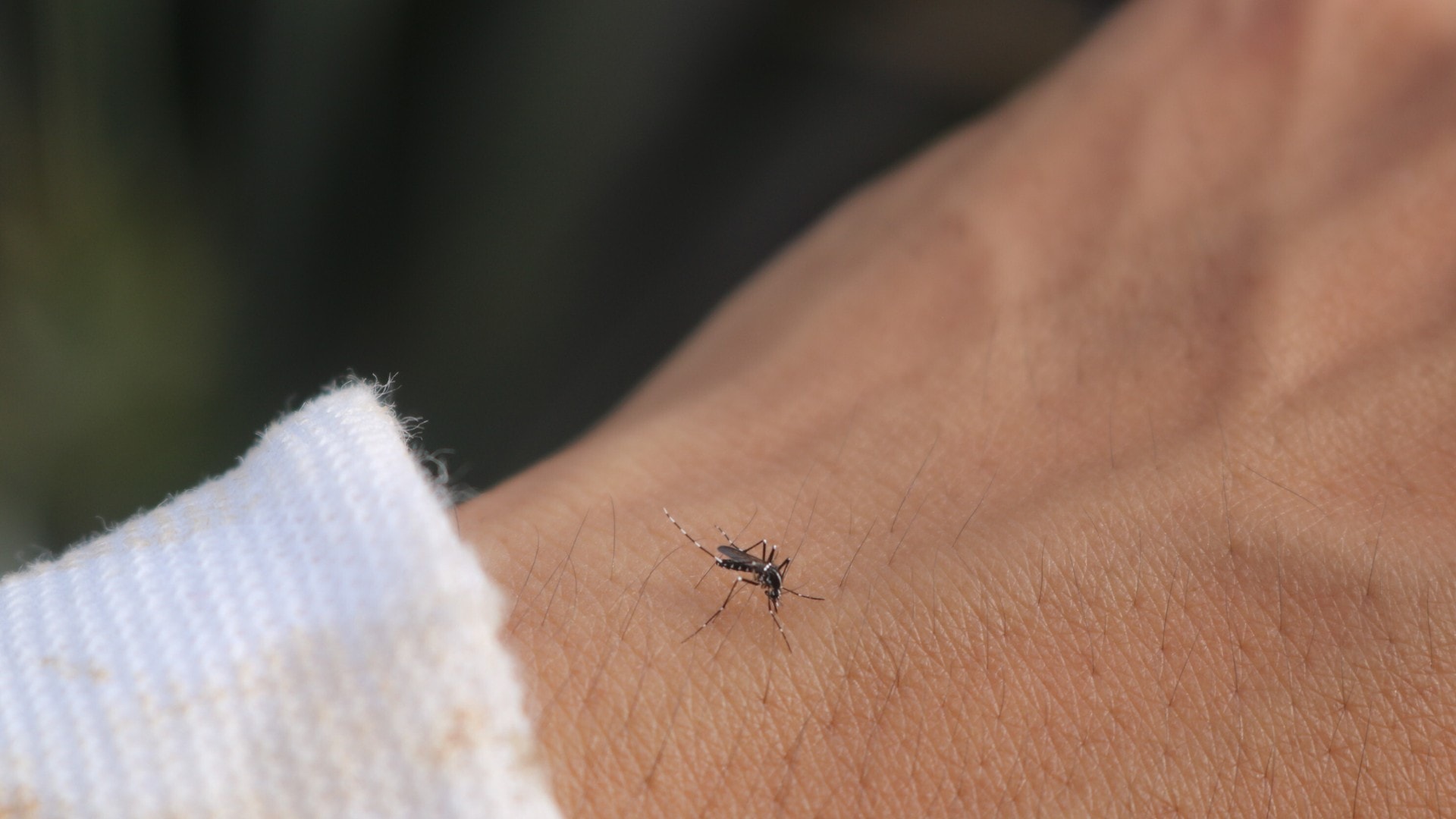
Are Mosquitoes Dangerous?
Mosquitoes are not just a nuisance; they pose significant health risks. They are known vectors for various diseases that can affect both humans and animals. Some of the most common diseases transmitted by mosquitoes include West Nile virus, Zika virus, dengue fever, and malaria. The impact of these diseases can range from mild, flu-like symptoms to severe health complications and, in extreme cases, can be fatal.
In addition to their role in disease transmission, mosquitoes can also cause allergic reactions in some individuals. Bites can lead to itching, swelling, and discomfort, in some cases requiring medical attention. Therefore, implementing effective mosquito control measures is crucial for safeguarding public health, reducing the spread of diseases, and promoting a comfortable outdoor environment. Understanding these risks underlines the importance of products like Mosquito Dunks and comprehensive mosquito control kits to manage these pests effectively.
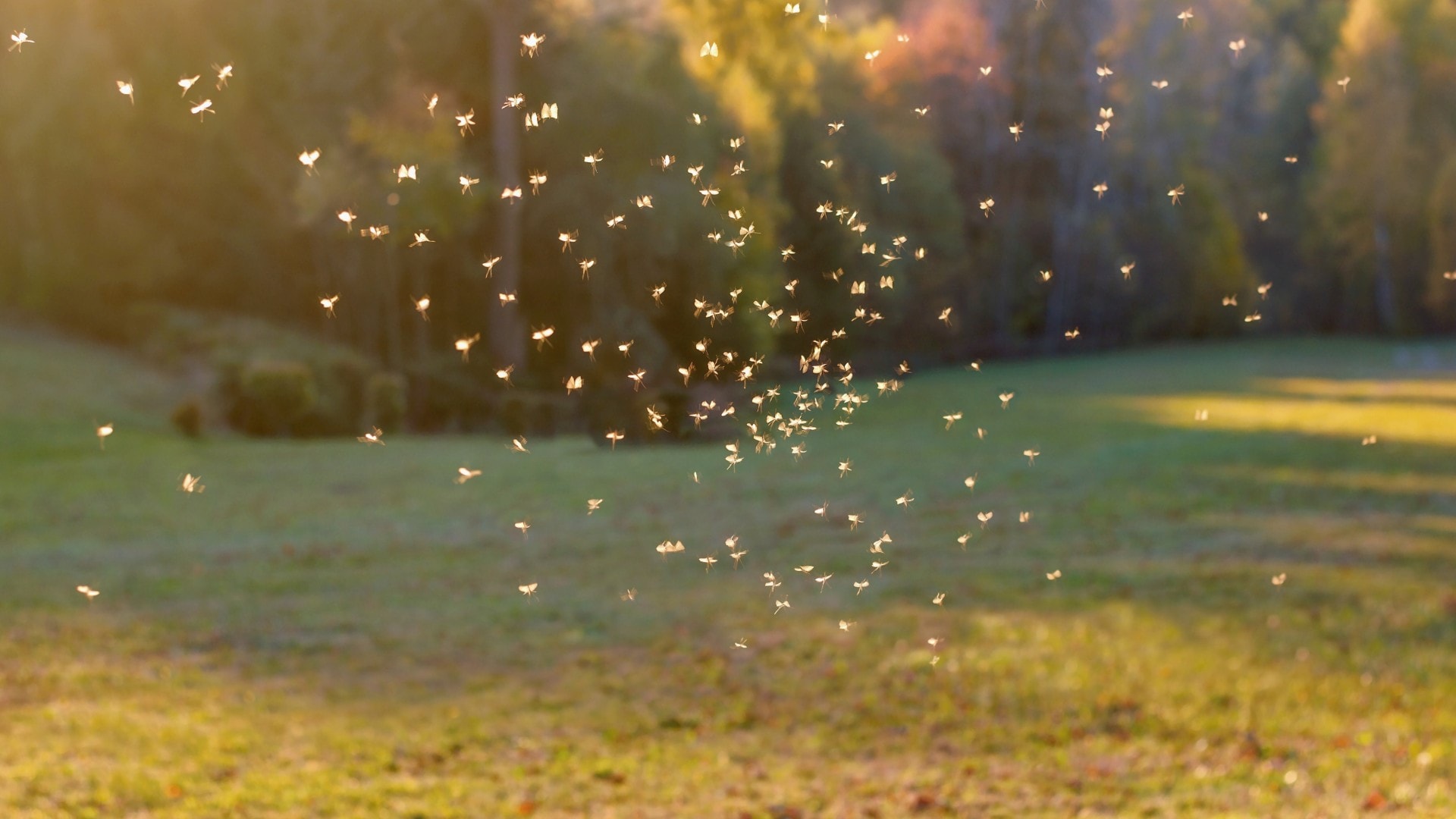
Why Do I Have So Many Mosquitoes In My Yard?
Several factors can contribute to an overwhelming mosquito population in your yard. Standing water is the primary breeding ground for mosquitoes, as females lay their eggs in stagnant water sources. Common areas where standing water can accumulate include clogged gutters, bird baths, pet water bowls, and even small puddles. Additionally, the presence of dense vegetation or overgrown areas offers shelter for adult mosquitoes, making it essential to maintain your yard effectively.
Another contributing factor could be the lack of natural predators. Birds, bats, and other insect-eating animals help keep mosquito populations in check. Encouraging these beneficial creatures by providing nesting areas or feeders can assist in natural mosquito control. Finally, seasonal changes can also affect mosquito populations; warm and humid conditions during summer months create an ideal breeding environment. By identifying and addressing these contributing factors, you can significantly reduce mosquito presence in your outdoor spaces.
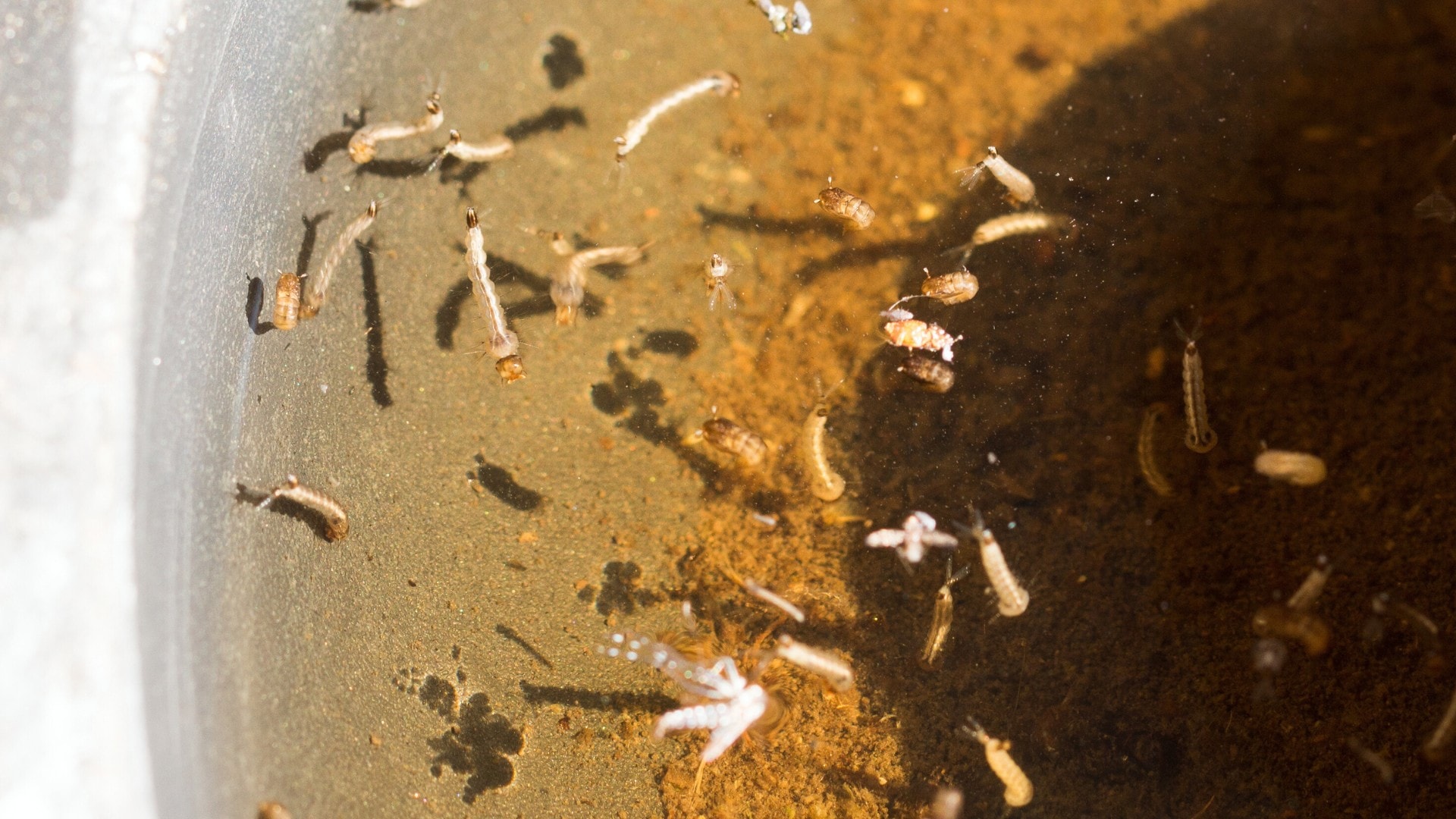
Mosquito larvae in standing water.
Signs Of A Mosquito Infestation To Look For
Identifying a mosquito infestation early on can help you manage the problem before it escalates. One of the primary signs of a mosquito presence is an increase in bite occurrences. If you or your family members consistently experience bites when spending time outdoors, it may indicate a nearby mosquito population. Another telltale sign is noticing adult mosquitoes flying around your yard, particularly during dusk and dawn when they are most active.
Additionally, finding standing water in your yard, such as in puddles, birdbaths, or flowerpot trays, can signal an ideal breeding ground for these pests. If you see any small clusters of mosquito larvae or pupae in such water bodies, it is essential to act swiftly to eliminate the source. Other indications of a problem can include a persistent buzzing sound around the area and increased nesting or resting areas, such as tall grass, overgrown shrubs, or debris piles. Keeping an eye out for these signs will help you promptly address mosquito issues and implement effective control measures.
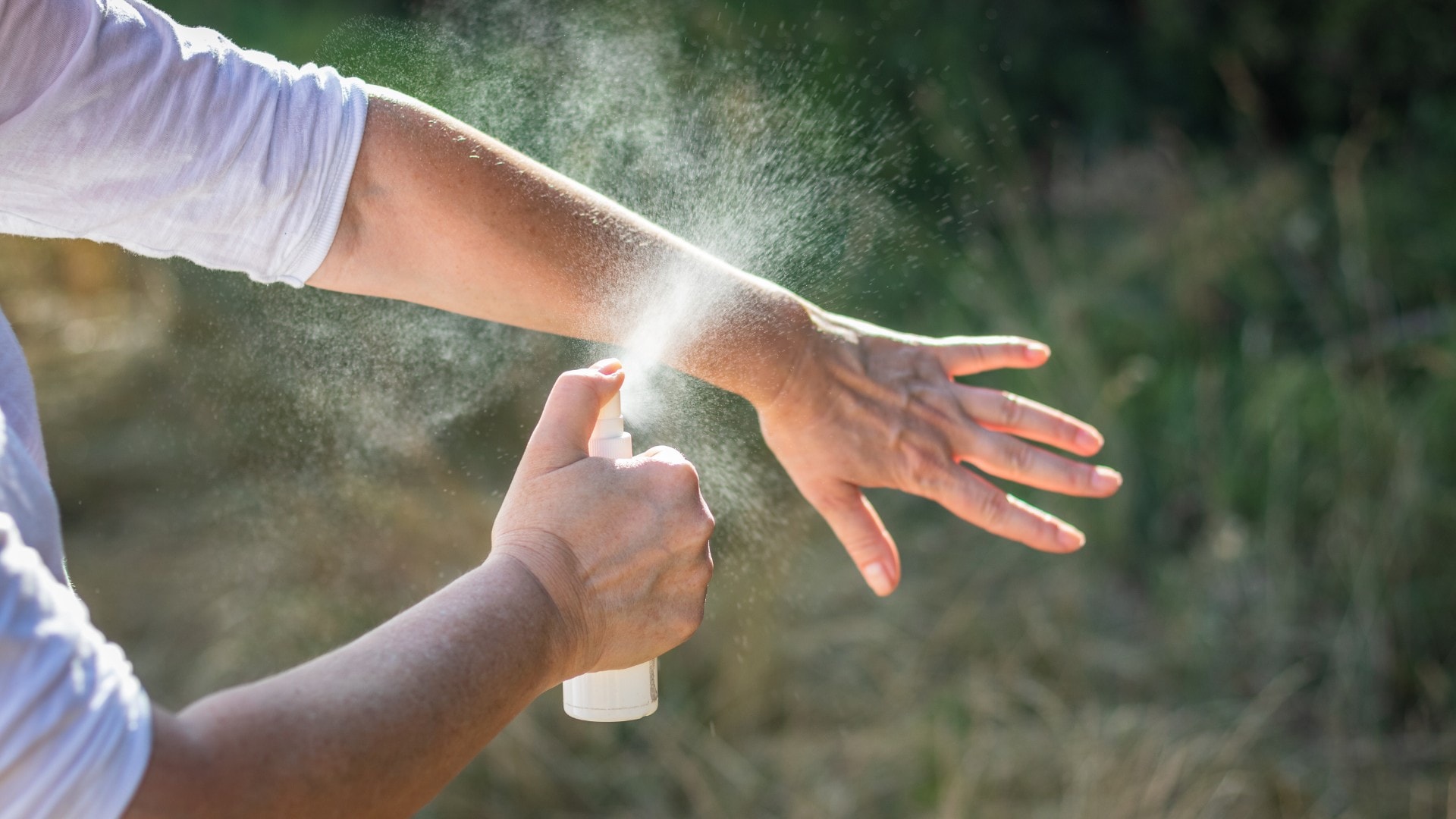
A mosquito repellent designed to be used directly on the skin.
Types of Mosquito Killers
Understanding the various categories of mosquito killers can aid in selecting the right approach for effective control.
1. Residual Sprays
Residual sprays are designed to provide protection by leaving a lasting chemical barrier on surfaces where mosquitoes are likely to land. These sprays typically contain insecticides that remain effective for weeks, targeting adult mosquitoes upon contact. They can be applied to vegetation, patios, and other outdoor surfaces to deter mosquito activity.
2. Granules and Dunks
Granules, such as Mosquito Bits and Dunks, are effective for treating standing water, which is essential for mosquito breeding. These products release biological agents or insecticides that target larvae, preventing them from maturing into biting adults. They are easy to apply and can be sprinkled in various water sources around your property.
3. Traps
Mosquito traps are devices designed to attract and catch adult mosquitoes. They use various attractants, such as light, heat, or carbon dioxide, to lure mosquitoes into a containment area. Once inside, they are unable to escape, effectively reducing the adult mosquito population in your area.
4. Repellents
Repellents are products applied to your lawn, skin, or clothing to deter mosquitoes from landing and biting. They can come in sprays, lotions, or wipes and often contain active ingredients like DEET, picaridin, or cedar oil. Repellents are particularly useful during outdoor activities, offering immediate protection against mosquito bites.
By understanding these basic categories of mosquito killers, you can tailor your pest control strategy to suit your specific situation and reduce mosquito populations effectively.
Natural and Homemade Remedies:
For those looking to reduce mosquito populations without the use of chemicals, natural and homemade remedies can be effective alternatives. One common approach is to use essential oils, as many have insect-repelling properties. Oils such as citronella, eucalyptus, and lavender can be diluted with a carrier oil and applied to the skin or used in diffusers to keep mosquitoes at bay. Another method involves the strategic planting of mosquito-repelling plants in your garden, including marigolds, basil, and mint, which can deter these pests naturally.
Creating homemade traps using simple ingredients can also help control mosquito populations. A popular method involves mixing sugar and yeast in water to create a bait that attracts mosquitoes; these traps can be placed around your yard to capture them.
Additionally, maintaining proper yard hygiene, such as regularly mowing the lawn and removing any standing water, will enhance the effectiveness of both natural and homemade strategies. By incorporating these remedies into your control plan, you can create a more pleasant outdoor environment while minimizing reliance on commercial products.
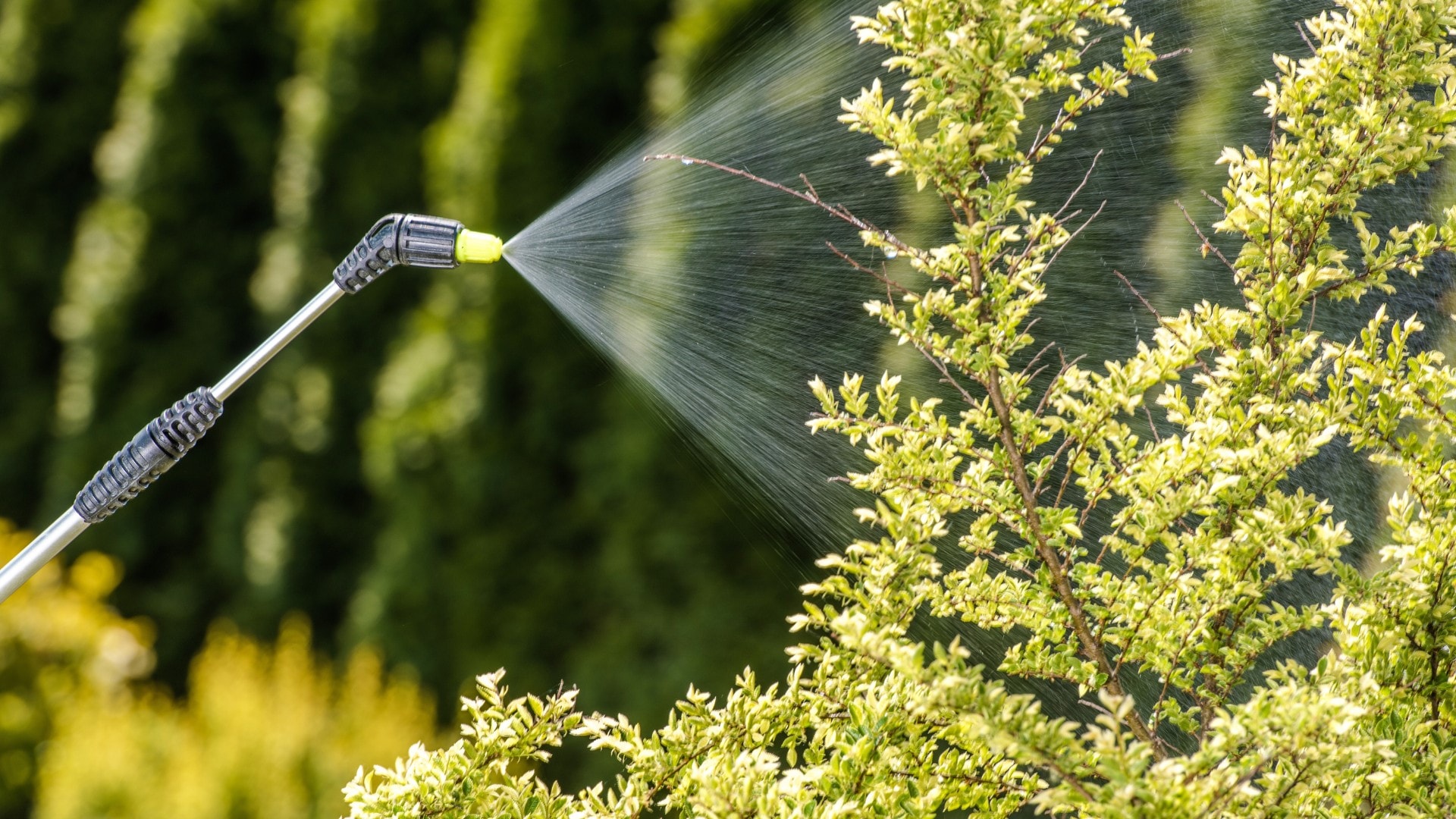
Choosing a Mosquito Killer: Top Points to Think About
A Buyer's Guide to Mosquito Control
When selecting a mosquito killer, consider several essential factors to ensure you choose the most effective solution for your situation.
-
Effectiveness: Review the efficacy of the product by checking user reviews and effectiveness ratings. Look for products specifically designed to target the life stages of mosquitoes, from larvae to adults.
-
Area Coverage: Determine the size of the area you need to treat. Some products are designed for small residential spaces, while others are suitable for larger fields or backyards. Ensure the product you choose matches your coverage needs.
-
Safety: Take into account the safety of the product for your pets, children, and beneficial insects. Opt for solutions labeled as safe for use around animals and non-target species, especially if you live in an area abundant with wildlife.
-
Application Method: Consider how easy the product is to apply. Some methods, like sprays, require a higher level of precision, while granules may be more user-friendly for those less experienced with pest control.
-
Weather Resistance: Check the product's resistance to rain and wind. Choose a solution that remains effective even under varying weather conditions to ensure sustained mosquito control.
If you weigh these factors carefully, you can make an educated decision that will help you effectively manage and reduce mosquito populations in your outdoor spaces.
Active Ingredients In Common Mosquito Insecticides
Chemical Components of Different Mosquito Killers and How They Work
Mosquito insecticides typically contain specific active ingredients that target various life stages of mosquitoes, disrupting their biological processes. These chemicals can be classified into several categories based on their mode of action:
-
Adulticides: These are designed to eliminate adult mosquitoes on contact or through ingestion. Common active ingredients include pyrethroids, which affect the nervous system of the insect, leading to paralysis and death. These products are most effective when used as residual sprays or fogging.
-
Larvicides: Larvicides target mosquito larvae in standing water, preventing them from maturing into adult mosquitoes. Ingredients like Bacillus thuringiensis israelensis (Bti) and methoprene work by disrupting the growth and development of larvae, ensuring they cannot mature to the biting stage.
-
Repellents: Although not insecticides in the traditional sense, repellents contain active compounds that deter mosquitoes from landing and biting. Chemicals such as DEET, picaridin, cedarwood, or lemongrass oil create a barrier that confuses mosquitoes, making it harder for them to detect and target humans.
Understanding these chemical components allows for a more knowledgeable approach to mosquito control, ensuring that the chosen methods effectively reduce mosquito populations at every life stage.
Active Ingredients in Common Mosquito Insecticides
Bifenthrin - Bifenthrin is a synthetic pyrethroid that provides long-lasting control of mosquitoes by attacking their nervous system, leading to paralysis and death upon contact. It is widely used in various formulations, including sprays and granules, making it effective for both indoor and outdoor applications.
Cedarwood Oil and Lemongrass Oil - Both cedarwood and lemongrass oils are natural repellents that deter mosquitoes by masking the scents that attract them. Their strong aromatic properties disrupt the sensory signals that mosquitoes rely on, making it difficult for them to locate potential hosts. These oils can be applied directly to the skin when diluted or used in diffusers to create a mosquito-free environment.
Citronella Oil, Garlic, and Geranium Oil - Citronella oil is well known for its insect-repelling qualities, often used in candles and topical applications. Garlic emits a scent that can be offensive to mosquitoes, while geranium oil has been shown to be effective in repelling them as well. Each of these oils interferes with the mosquitoes' ability to detect hosts, providing a natural protection layer when used appropriately.
Permethrin - Permethrin is another synthetic pyrethroid that is particularly effective when used on clothing and outdoor gear. It works by disrupting the nervous system of mosquitoes upon contact, providing residual protection for weeks after application. Permethrin-treated fabrics are a useful choice for outdoor activities where mosquito exposure is likely.
Pyriproxyfen - Pyriproxyfen acts as a juvenile hormone synthetic compound, disrupting the growth and development of mosquito larvae and preventing them from maturing into biting adults. This larvicide is effective in controlling mosquito populations by inhibiting the reproductive process, ensuring fewer mosquitoes reach their full adult form.
Bti (Bacillus thuringiensis israelensis) - Bti is a naturally occurring bacterium that specifically targets mosquito larvae. When ingested, the spores produce toxins that disrupt the larvae's digestive system, leading to their death. Bti is a preferred choice for environmentally conscious pest control since it selectively affects mosquito larvae while posing minimal risk to other wildlife.
Pyridine - Pyridine is a lesser-known active ingredient in some mosquito control products, functioning primarily as an insect repellent. It works by emitting a strong scent that can deter mosquitoes, hindering their ability to locate hosts effectively. Its efficacy can be enhanced when used in combination with other repellents for broader defense against these pests.
Note that while this list isn't exhaustive, it contains some of the most commonly used ingredients used in the products we have recommended above.
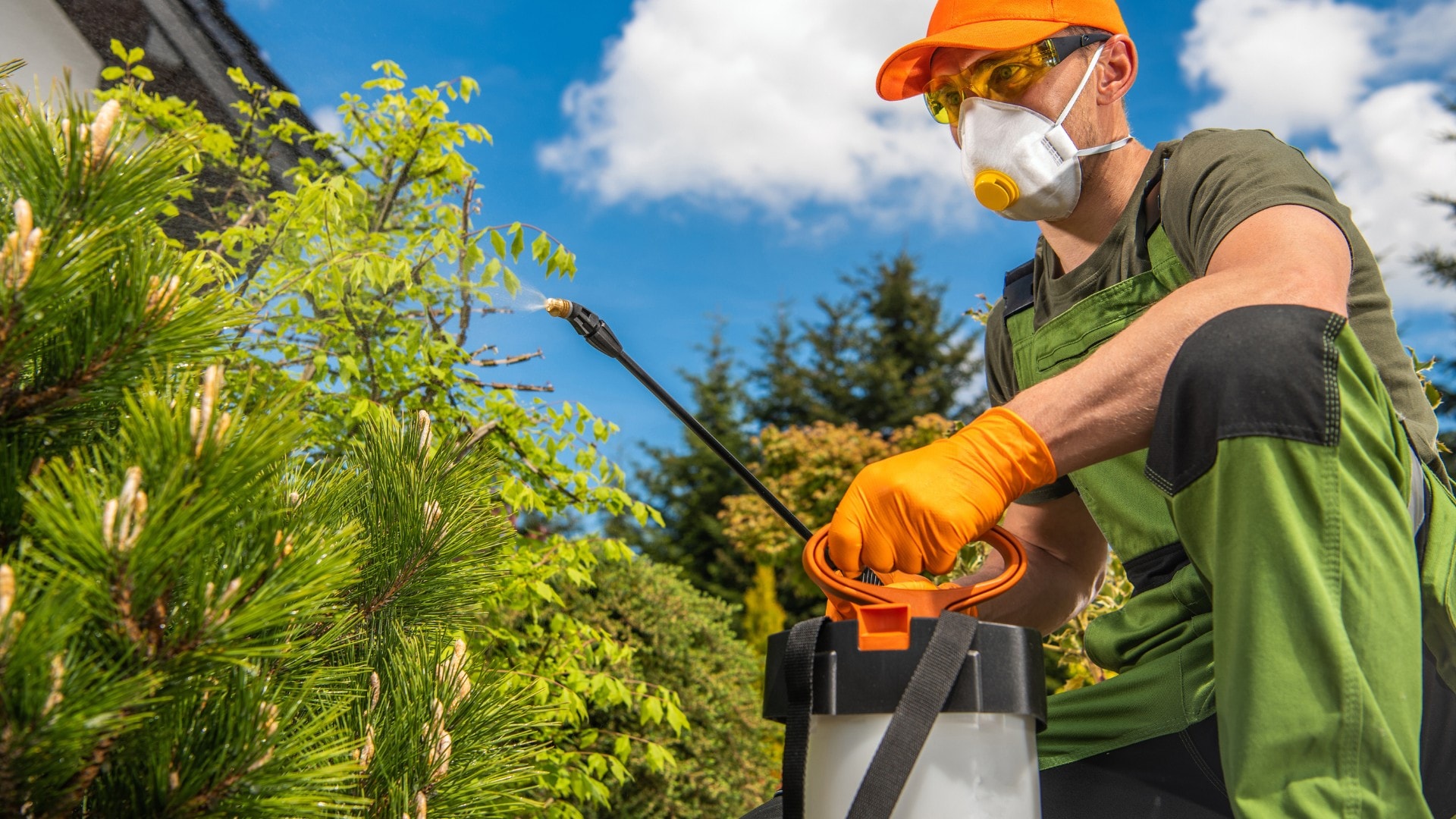
Always wear protective equipment when using a mosquito killer or other insecticide.
Safety Tips for Using Mosquito Insecticides
-
Read Labels Carefully: Always follow the instructions on the insecticide label for proper application and safety measures.
-
Use Protective Gear: Wear gloves, masks, and protective clothing when applying chemical insecticides to minimize exposure.
-
Ventilation: Ensure adequate ventilation when using sprays and aerosols indoors to avoid inhalation of fumes.
-
Food Safety: Keep insecticides away from food preparation areas, utensils, and surfaces to prevent contamination.
-
Storage: Store insecticides in a safe, dry place out of reach of children and pets.
-
Dispose of Properly: Follow local regulations for the disposal of insecticides and their containers to reduce environmental impact.
By adhering to these safety tips, you can effectively manage mosquito problems while ensuring the safety of your household and the environment.
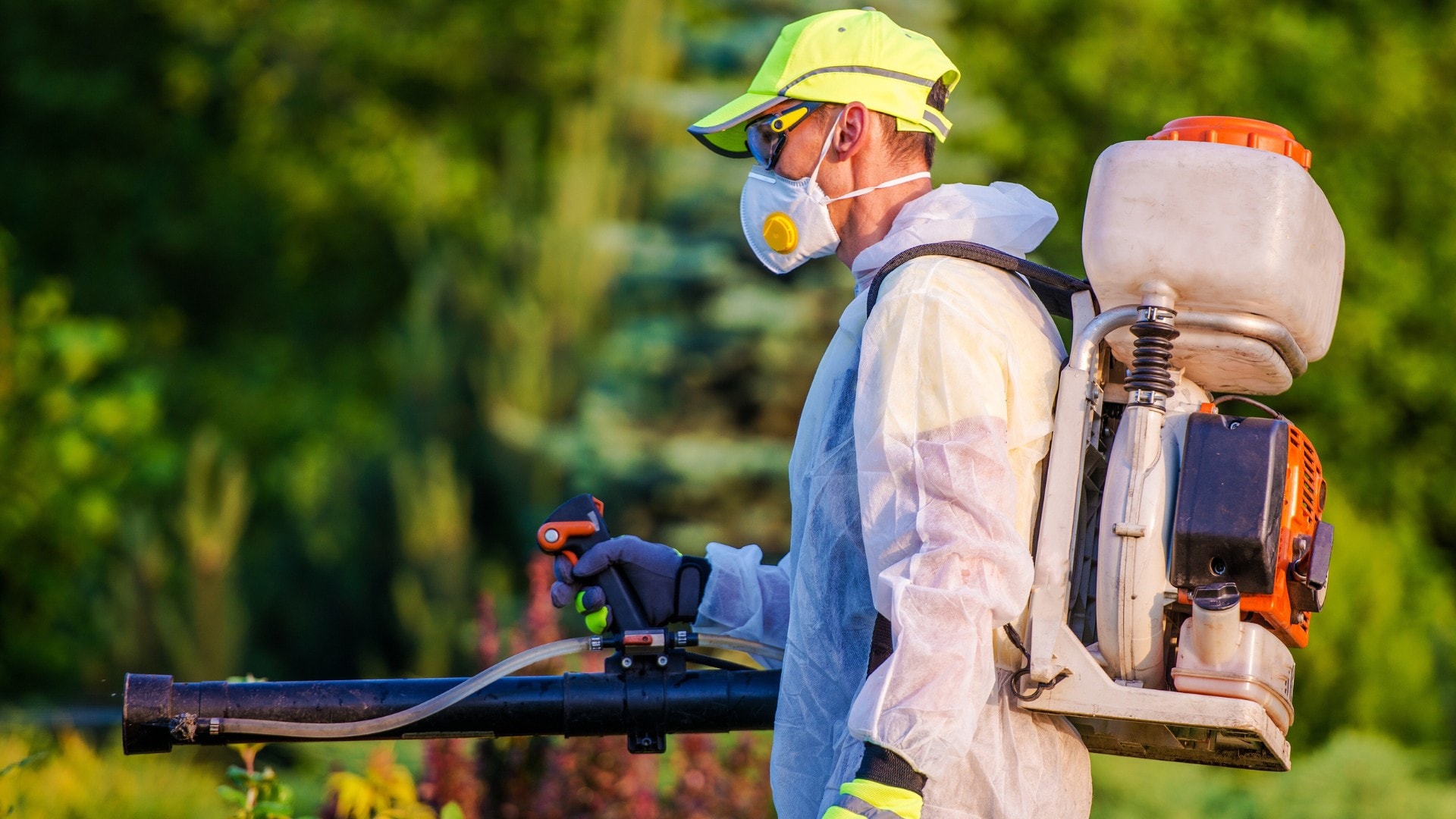
DIY Mosquito Killers vs. Pest Control Services
When it comes to controlling mosquito populations, homeowners often face the choice between DIY solutions and hiring professional pest control services. DIY mosquito killers can take many forms, from homemade traps to natural remedies such as citronella candles and essential oil repellents.
These methods can be cost-effective and allow for greater control over the treatment process. However, their effectiveness varies, and significant infestations may not be resolved using DIY approaches alone.
On the other hand, professional pest control services employ trained technicians who use a combination of targeted insecticides, specialized equipment, and proven strategies to tackle mosquito problems more efficiently. These services often come with a guarantee of effectiveness and ongoing support, making them a reliable option for those struggling with persistent mosquito issues.
Ultimately, the choice between DIY methods and pest control services will depend on the extent of the infestation, budget considerations, and personal preferences regarding pest management practices.
Mosquito Killer FAQ
What is the best mosquito killer?
Determining the best mosquito killer depends on several factors, including the specific needs of your situation and your desired method of control. For immediate knockdown of adult mosquitoes, products containing synthetic pyrethroids, like bifenthrin or permethrin, are often recommended due to their quick efficacy.
If you're looking for a longer-lasting solution for outdoor spaces, integrating both larvicides, such as pyriproxyfen or Bti, to target mosquito larvae and adulticides for immediate action can be effective.
Additionally, for those who prefer natural options, essential oils like citronella and geranium oil can serve as a deterrent, although they may require more frequent application. When evaluating products, consider the area you want to treat, the presence of pets or children, and any allergies or sensitivities among family members.
Always read product labels for application methods and safety precautions to ensure that you choose a solution that best meets your requirements while being safe for your environment.
How do I prevent mosquitoes from invading my yard?
To prevent mosquitoes from overrunning your yard, it's important to get rid of standing water, which serves as an ideal breeding ground. Regularly check for and remove any containers, birdbaths, or clogged gutters that may collect water. Additionally, maintaining your lawn by mowing regularly and trimming back overgrown vegetation can reduce hiding spots for mosquitoes.
Incorporating mosquito-repelling plants, such as marigolds, lavender, and citronella grass, can also deter these pests naturally. Consider using outdoor fans during gatherings, as the breeze can help keep mosquitoes at bay.
Installing screens on windows and doors will help keep insects out of your home. When planning outdoor activities, try to avoid peak mosquito feeding times, typically at dawn and dusk, to reduce the likelihood of bites.
By taking these proactive steps, you can significantly decrease the chances of a mosquito invasion in your yard.
Can natural remedies work for mosquito control?
Natural remedies can be effective in reducing mosquito populations and preventing bites, although their efficacy may not match that of chemical insecticides. Essential oils like citronella, eucalyptus, and lavender can be used in diffusers or as topical repellents when properly diluted.
Some homeowners also opt for homemade traps using ingredients like vinegar or sugar to attract and trap mosquitoes. Additionally, planting mosquito-repelling plants in gardens and outdoor spaces can provide a naturally deterrent environment.
However, it's essential to note that while these methods can contribute to mosquito control, they may be more suitable as supplementary measures rather than sole solutions, particularly in cases of severe infestations. Regular maintenance and proactive strategies remain crucial for effective mosquito management.
What do mosquito control services use to kill mosquitoes?
Professional mosquito control services typically employ a variety of tools and techniques to effectively eliminate mosquito populations. They may use adulticides, which are chemicals specifically designed to kill adult mosquitoes on contact or through ingestion. Common active ingredients in these products include synthetic pyrethroids or neonicotinoids, chosen for their efficacy and fast-acting nature.
In addition to adulticides, many services also apply larvicides to target mosquito larvae in standing water, preventing them from maturing into biting adults. These may include bacillus thuringiensis israelensis (Bti) and methoprene, which disrupt the life cycle of mosquitoes.
The application methods can vary, ranging from backpack sprayers for specific treatment areas to truck-mounted fogging equipment for broader coverage.
Professional services often assess the yard for breeding sites, use integrated pest management strategies, and tailor their approach based on the unique characteristics of each property.
By utilizing a combination of these methods, mosquito control services aim to reduce mosquito populations significantly and provide a safer, more enjoyable outdoor environment for homeowners.

